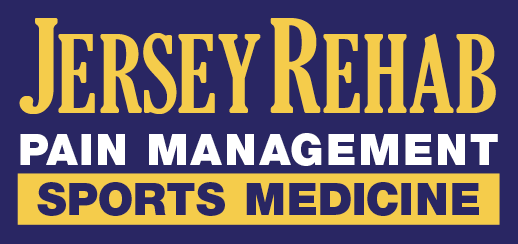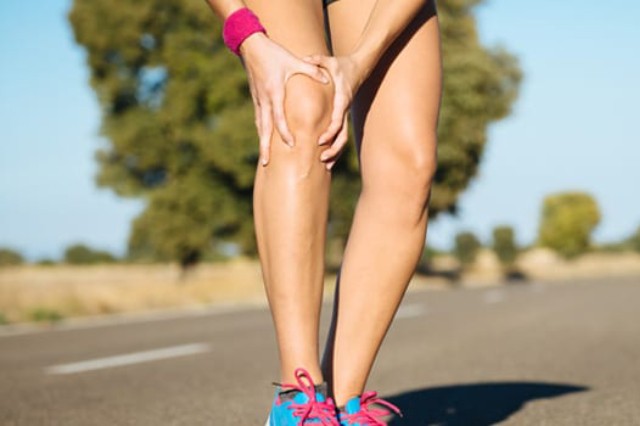How to Deal with Knee Injury Post Workout
Regular exercise is essential for maintaining a healthy lifestyle, but sometimes, injuries can occur, causing setbacks in our fitness journey. Knee injuries, in particular, can be quite challenging, as they can significantly impact mobility and hinder your ability to engage in physical activities.
Let’s explore effective strategies to deal with knee injuries post-workout, allowing you to manage pain, promote healing and gradually return to your fitness routine.
Listen to Your Body
One of the most crucial aspects of dealing with a knee injury is to listen to your body. Pain is your body’s way of signaling that something is wrong. If you experience knee pain during or after a workout, it’s essential to acknowledge it and not push through the pain. Ignoring pain can worsen the injury and prolong the recovery process.
Rest and Ice
After sustaining a knee injury, it’s essential to give your body adequate time to heal. Rest is crucial in the initial stages to prevent further strain on the injured area. Additionally, applying ice to the affected knee can help reduce swelling and alleviate pain. Use ice packs wrapped in a cloth and apply them to the knee for 15-20 minutes every few hours during the first 48 hours after the injury.
Compression and Elevation
Compression and elevation are effective techniques to manage swelling and promote healing. Use a compression bandage to wrap the injured knee firmly but not too tight, as excessive pressure can impede blood flow. Elevate your leg whenever possible, keeping it above the level of your heart to reduce swelling.
Consult a Healthcare Professional
If the pain persists or worsens after a few days of self-care, it’s crucial to consult a healthcare professional, preferably a sports medicine specialist. They can assess the severity of the injury, provide an accurate diagnosis and recommend appropriate treatment, which may include physical therapy, steroid injections or stem cell injections.
Gentle Stretching and Strengthening Exercises
Once your healthcare provider gives the green light, engage in gentle stretching and strengthening exercises to rehabilitate your knee. Focus on low-impact exercises that target the muscles around the knee, such as hamstring curls, leg raises and gentle yoga poses. Strengthening the surrounding muscles provides better support to the knee joint, reducing the risk of future injuries.
Consider Physical Therapy
Physical therapy can be incredibly beneficial for individuals recovering from knee injuries. A qualified physical therapist can create a customized rehabilitation plan tailored to your specific needs. They will guide you through exercises, stretches and techniques to improve mobility, strengthen muscles and enhance overall knee function.
Patience and Persistence
Recovering from a knee injury takes time, patience and persistence. It’s essential to stay positive and remain committed to your rehabilitation process. Celebrate small milestones and improvements, and don’t rush back into intense workouts prematurely. Gradually reintroduce physical activities, always paying attention to how your knee feels during and after exercise.
Alternative Treatment Options for Knee Injuries
Dealing with a knee injury post-workout requires a combination of self-care, professional guidance and a positive mindset. By listening to your body, seeking medical advice, following a rehabilitation plan and being patient with yourself, you can effectively manage your knee injury and return to your fitness routine stronger and more resilient than before.
If you are dealing with a knee injury, schedule an appointment with Jersey Rehab today. We have a number of alternative treatment options that can help heal your injury, such as stem cell injections, PRP injections and steroid injections.

